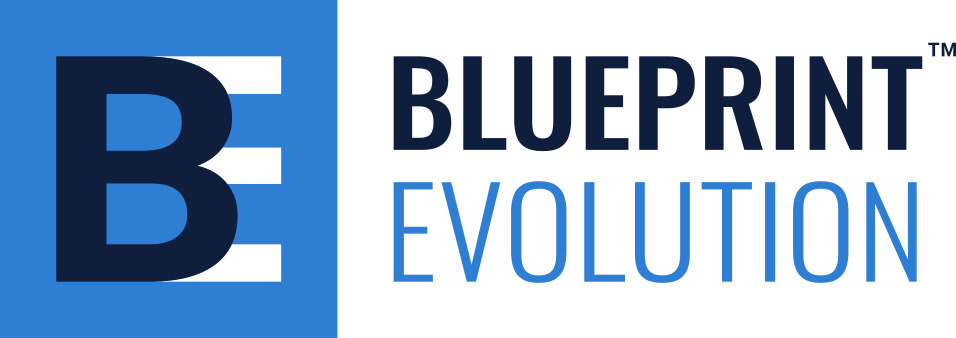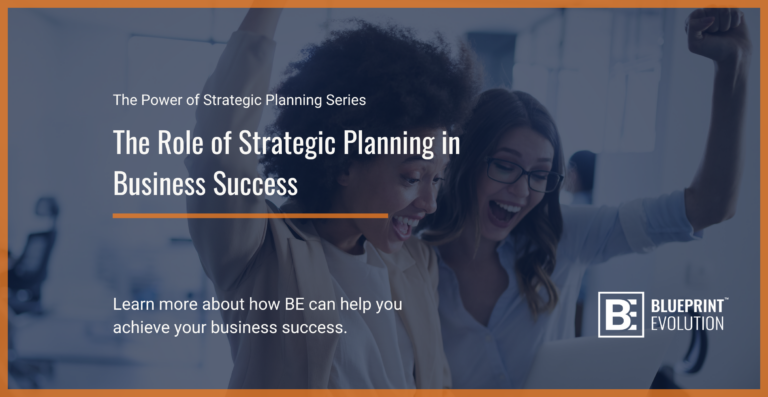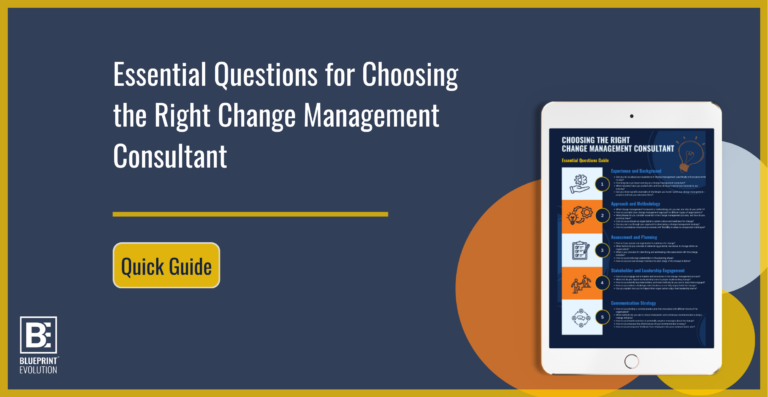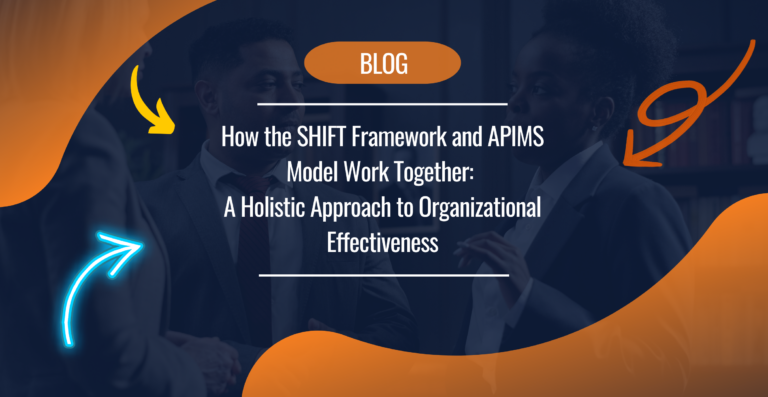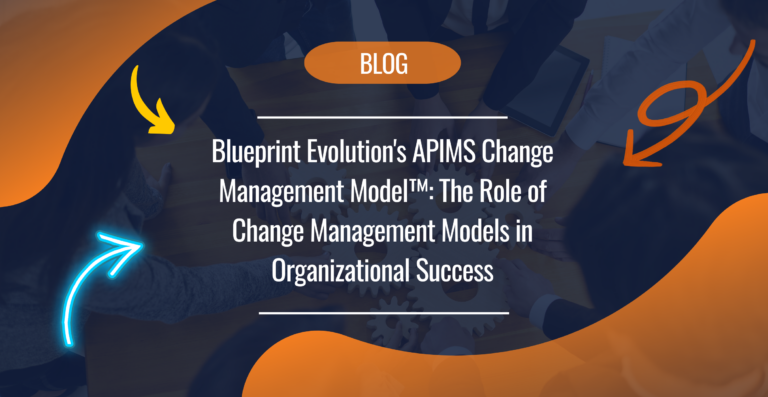Effective Change Communication
Understanding Communication and Marketing Strategies
Importance of Effective Communication:
During periods of change, effective communication is more than just sharing information; it’s about nurturing an environment where every employee feels secure and well-informed.
- Transparency: Openly sharing the reasons and expected outcomes of change helps to align and motivate team members.
- Consistency: Regular updates prevent misinformation and keep all stakeholders on the same page.
- Feedback: Open channels for feedback encourage dialogue and help to address concerns proactively, strengthening trust and buy-in.
- Communication: Companies that excel at internal communications are 3.5 times more likely to outperform their peers.

The Blueprint Difference
We achieve this by developing and implementing robust communication and marketing strategies firmly rooted in human-centered practices.

Change Readiness and Planning involve assessing the organization’s preparedness for change, identifying potential challenges, and formulating a comprehensive change management plan aimed at fostering trust and securing buy-in throughout the transition. This plan encompasses strategies to address resistance and outlines the specific steps and milestones of the change initiative.
Effective communication is essential in change management. It ensures transparent delivery of the reasons for change, anticipated benefits, and its impact on both individuals and the organization. As imperative components of this process, it’s critical to maintain regular updates and foster inclusive, open channels for feedback.
Engaging employees in the change process fosters a profound sense of ownership and commitment. This entails actively seeking their input, addressing concerns, and involving them in decision-making whenever possible. Through their participation, a more positive, inclusive, and collaborative atmosphere is cultivated, significantly enhancing the effectiveness of change management strategies.
Providing training and support to empower employees with the skills and knowledge needed to navigate changes adeptly helps with the growth process. This might involve workshops, coaching sessions, or customized educational programs to strengthen capabilities and nurture confidence throughout the transition.
Effective change management hinges on visible and active support from organizational leaders. Leaders are instrumental in setting the tone, demonstrating unwavering commitment, and guiding the organization inclusively through the change process. Their hands-on involvement fosters employee trust and confidence, ultimately driving the successful implementation of change.
- Change Readiness & Planning
-
Change Readiness and Planning involve assessing the organization’s preparedness for change, identifying potential challenges, and formulating a comprehensive change management plan aimed at fostering trust and securing buy-in throughout the transition. This plan encompasses strategies to address resistance and outlines the specific steps and milestones of the change initiative.
- Communication & Marketing Strategies
-
Effective communication is essential in change management. It ensures transparent delivery of the reasons for change, anticipated benefits, and its impact on both individuals and the organization. As imperative components of this process, it’s critical to maintain regular updates and foster inclusive, open channels for feedback.
- Employee Involvement & Engagement
-
Engaging employees in the change process fosters a profound sense of ownership and commitment. This entails actively seeking their input, addressing concerns, and involving them in decision-making whenever possible. Through their participation, a more positive, inclusive, and collaborative atmosphere is cultivated, significantly enhancing the effectiveness of change management strategies.
- Training & Skill Development
-
Providing training and support to empower employees with the skills and knowledge needed to navigate changes adeptly helps with the growth process. This might involve workshops, coaching sessions, or customized educational programs to strengthen capabilities and nurture confidence throughout the transition.
- Leadership Engagement
-
Effective change management hinges on visible and active support from organizational leaders. Leaders are instrumental in setting the tone, demonstrating unwavering commitment, and guiding the organization inclusively through the change process. Their hands-on involvement fosters employee trust and confidence, ultimately driving the successful implementation of change.
